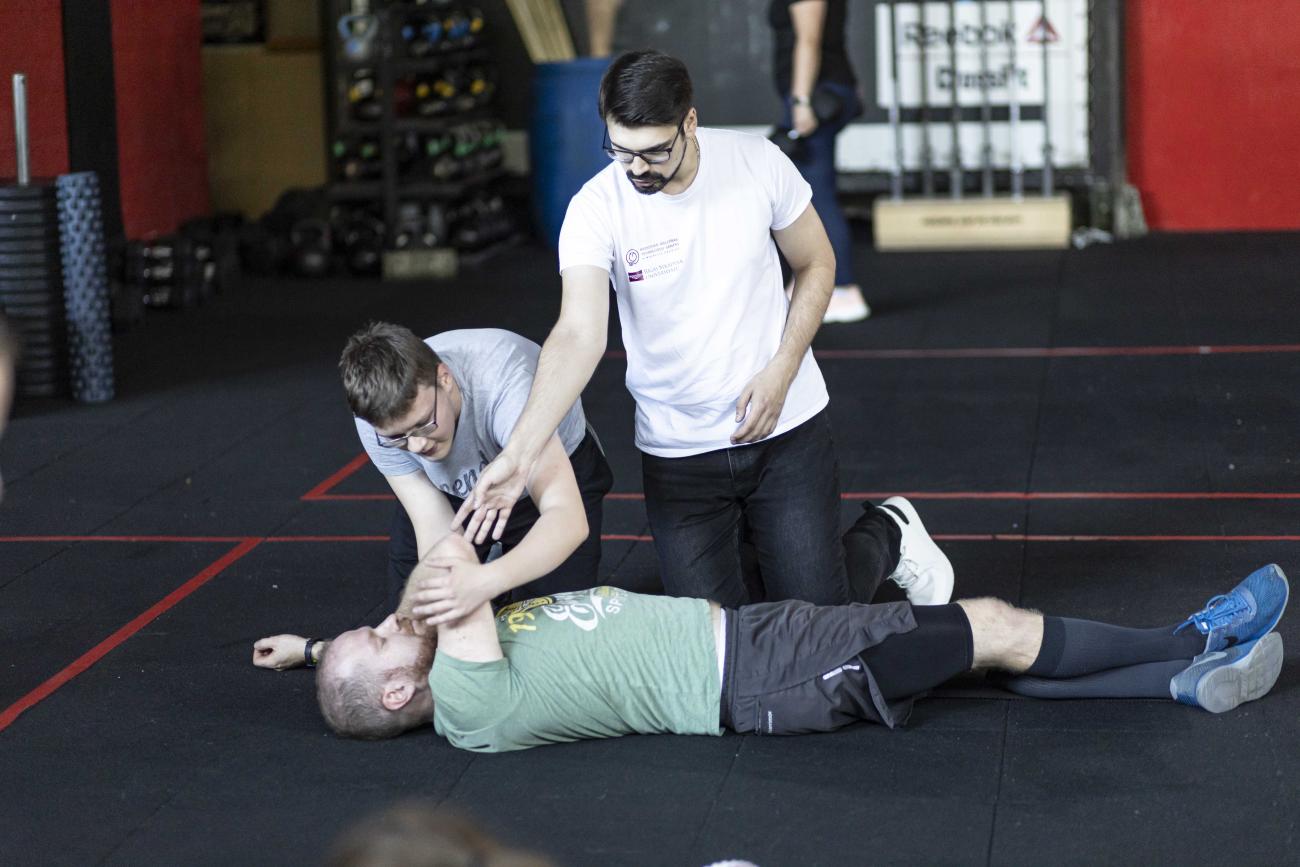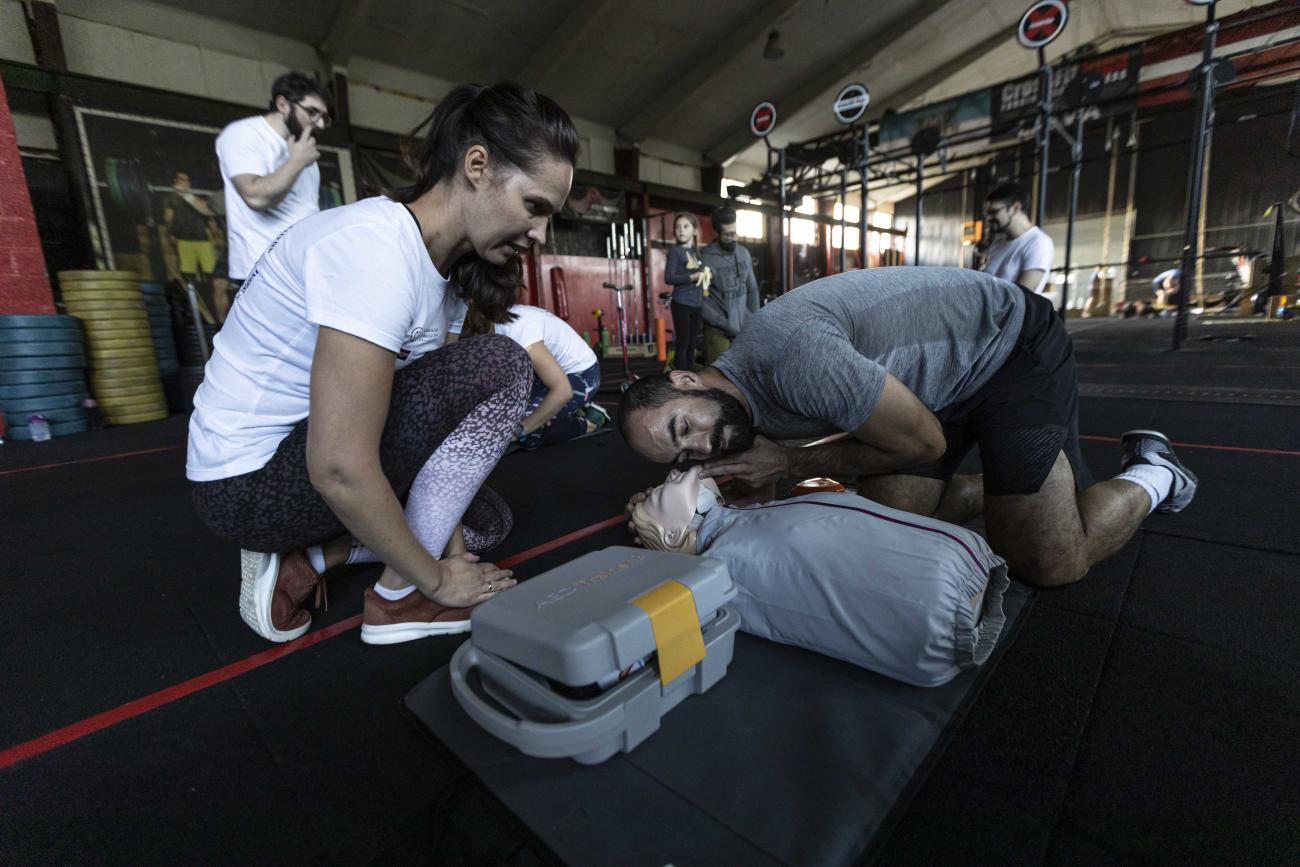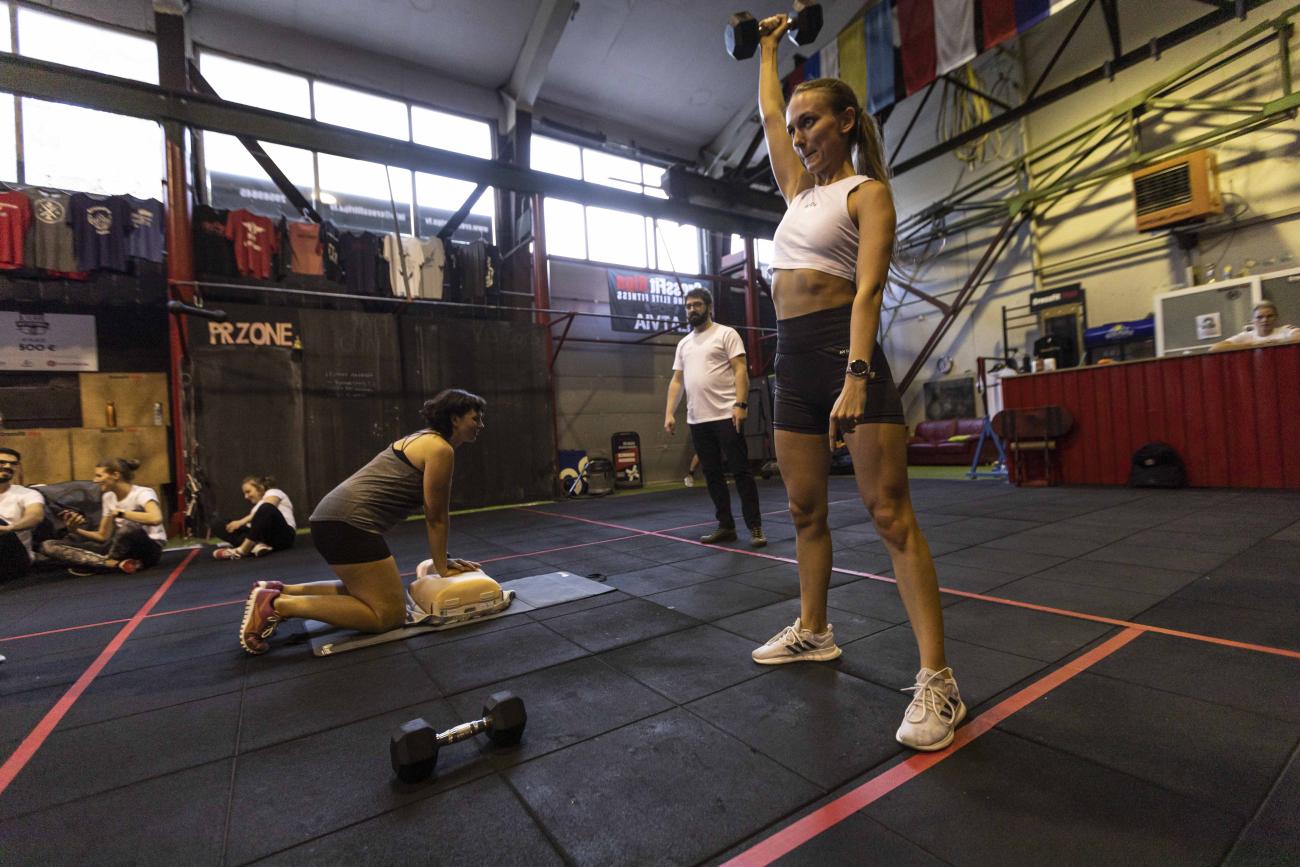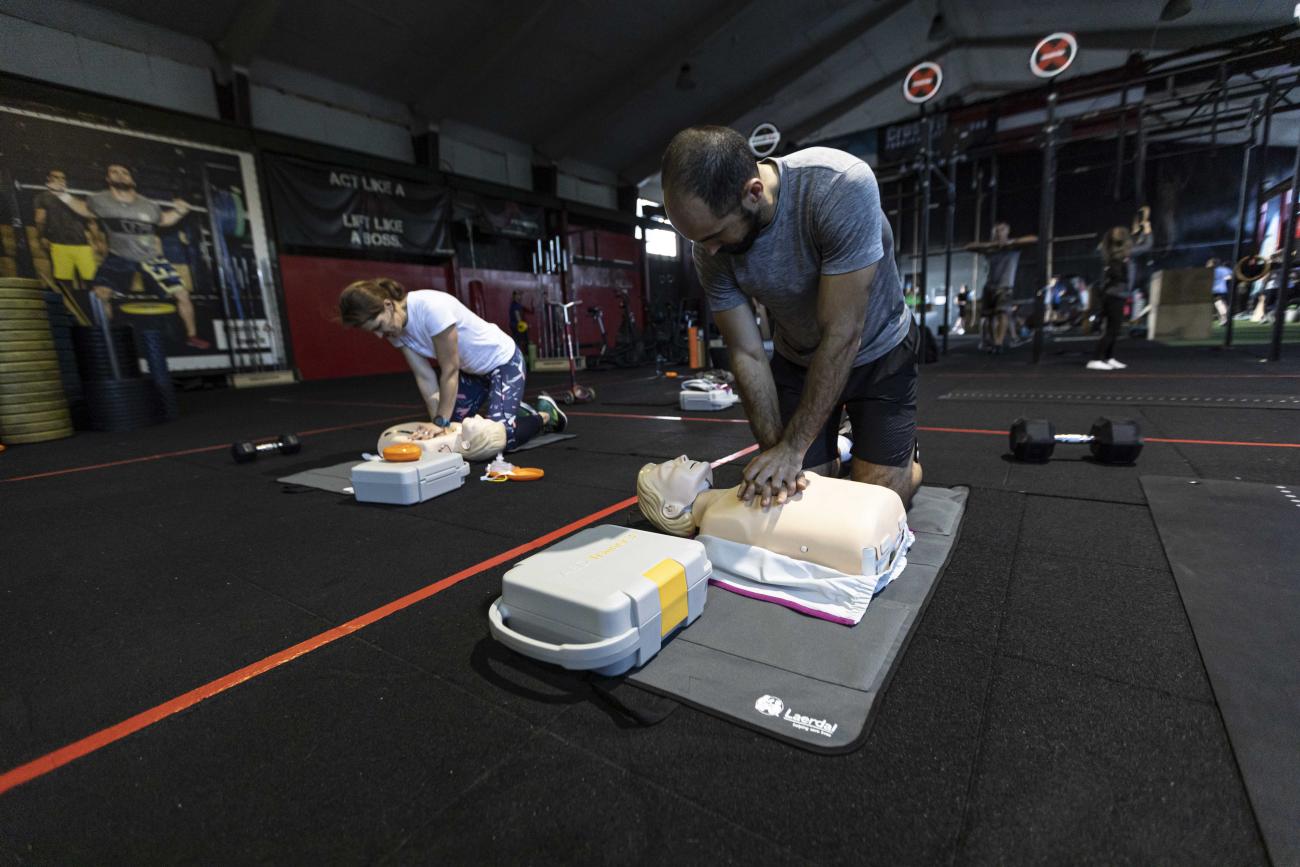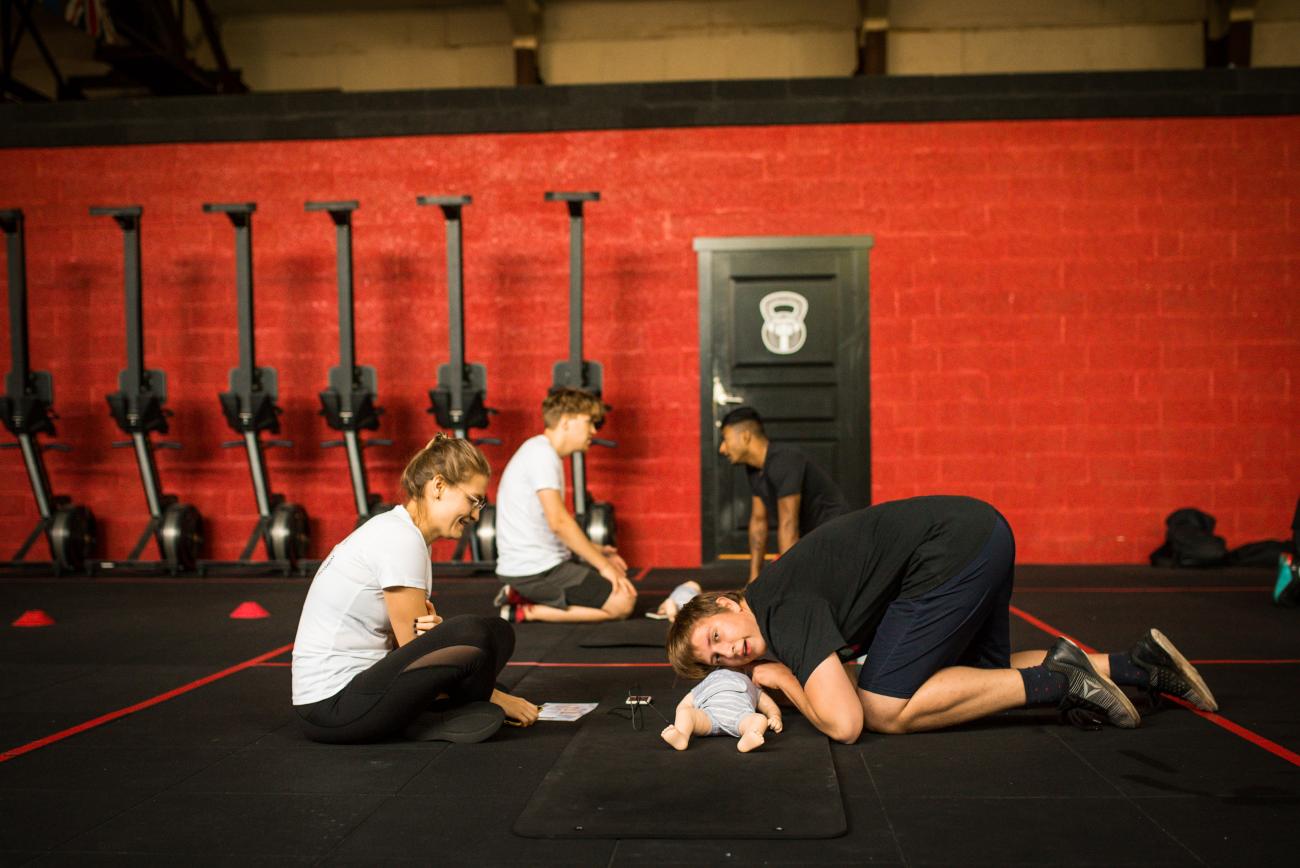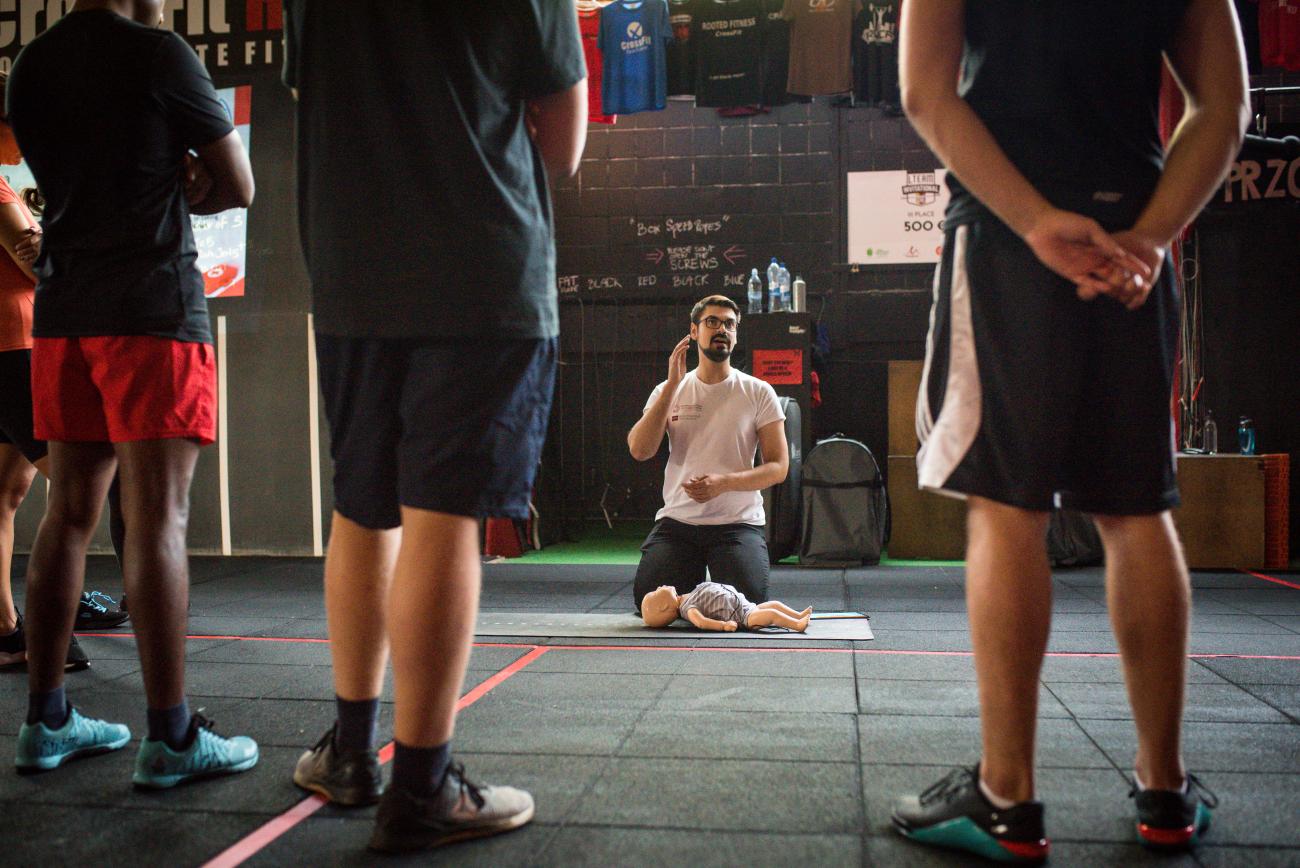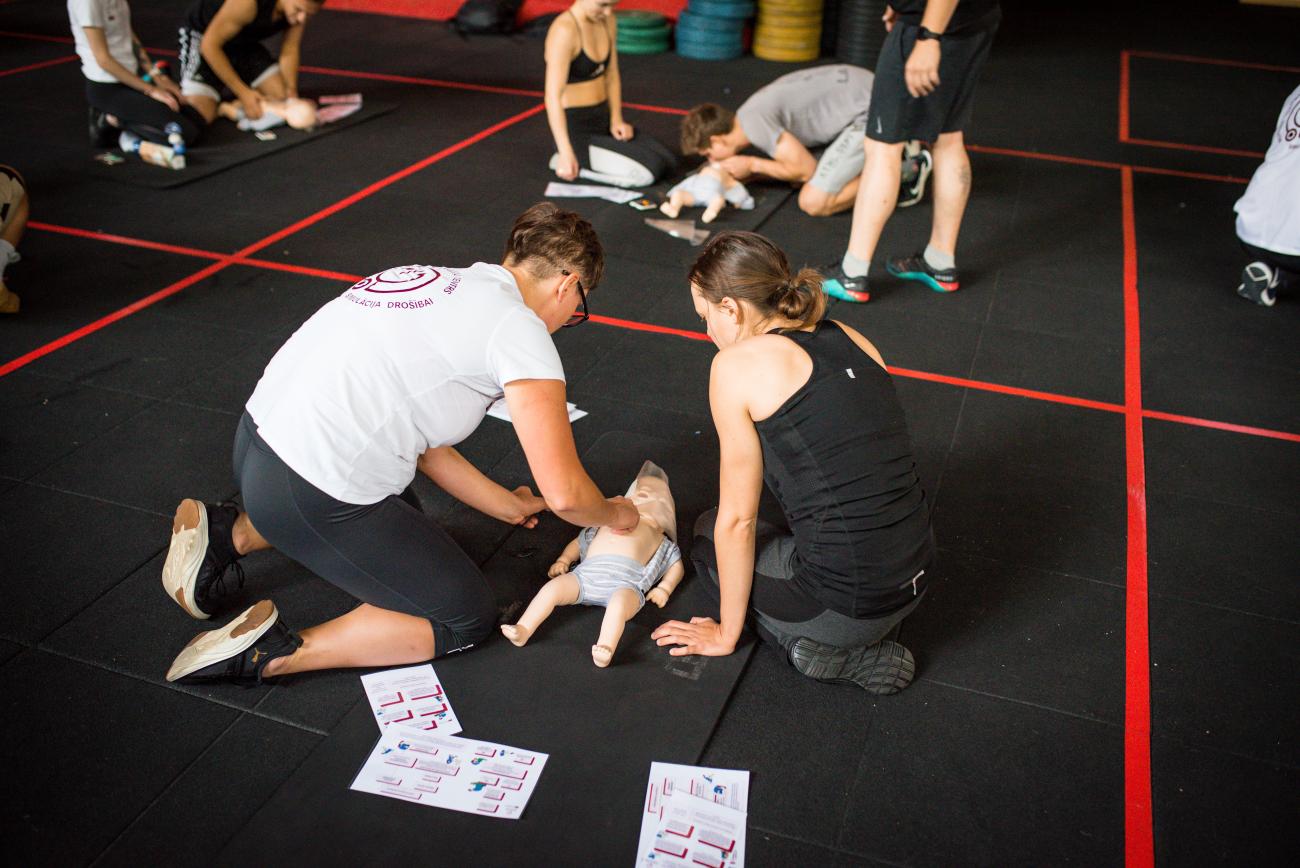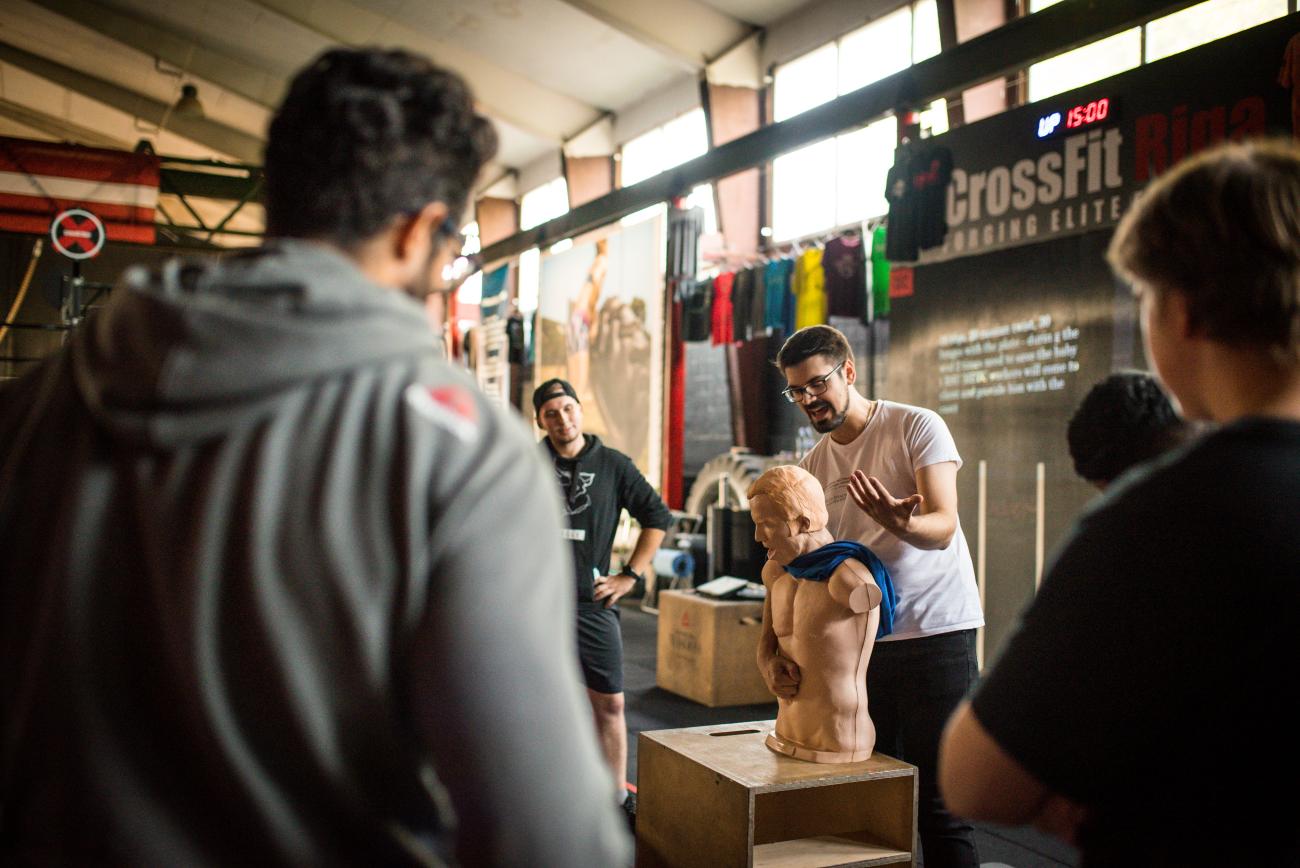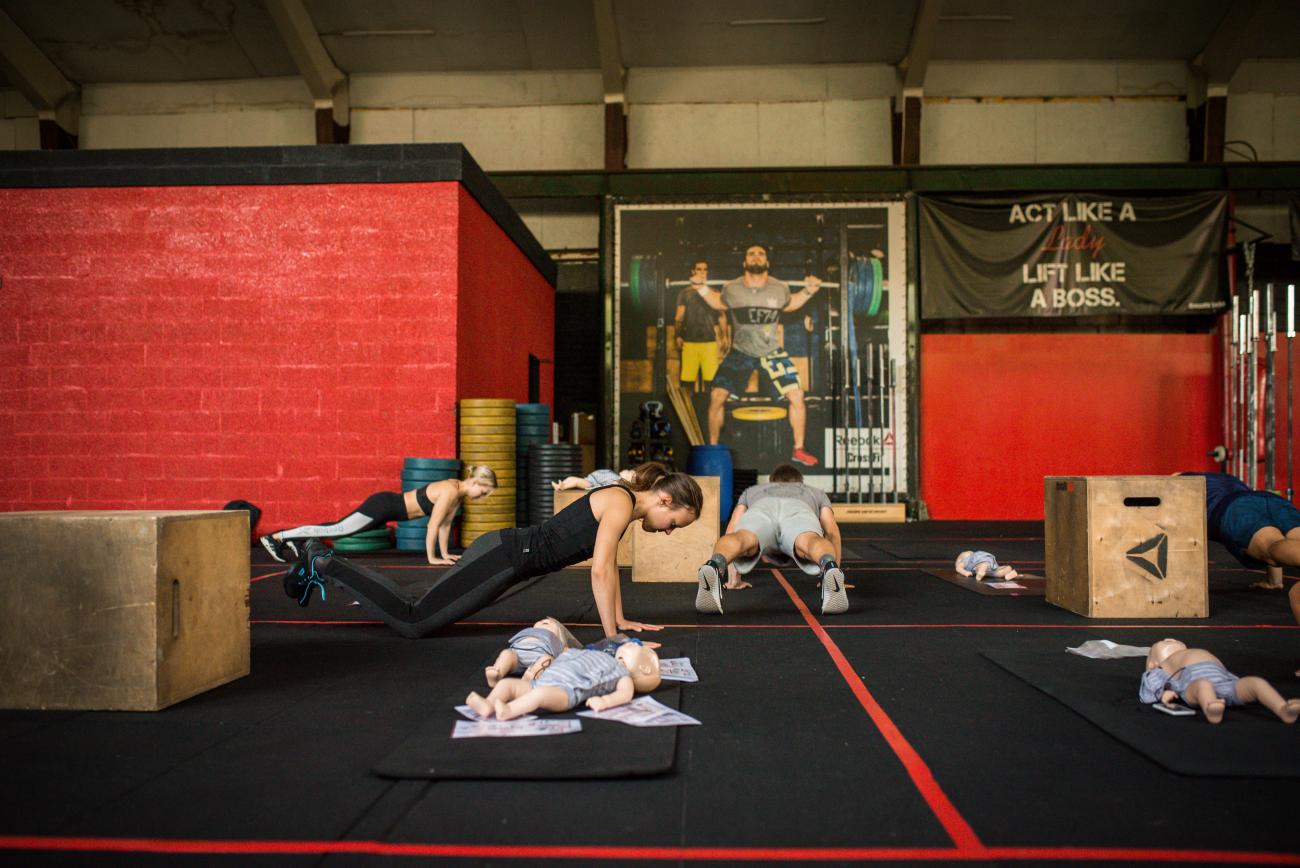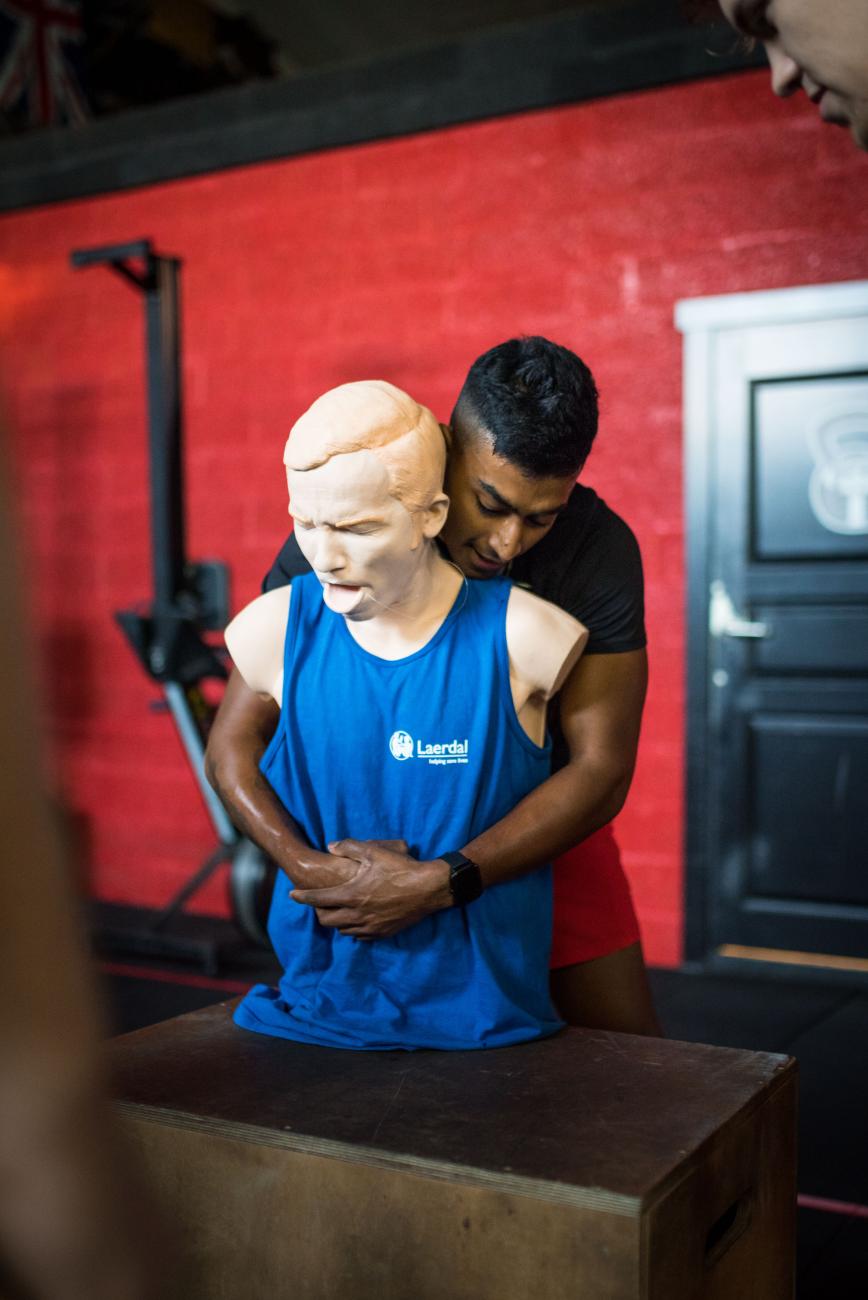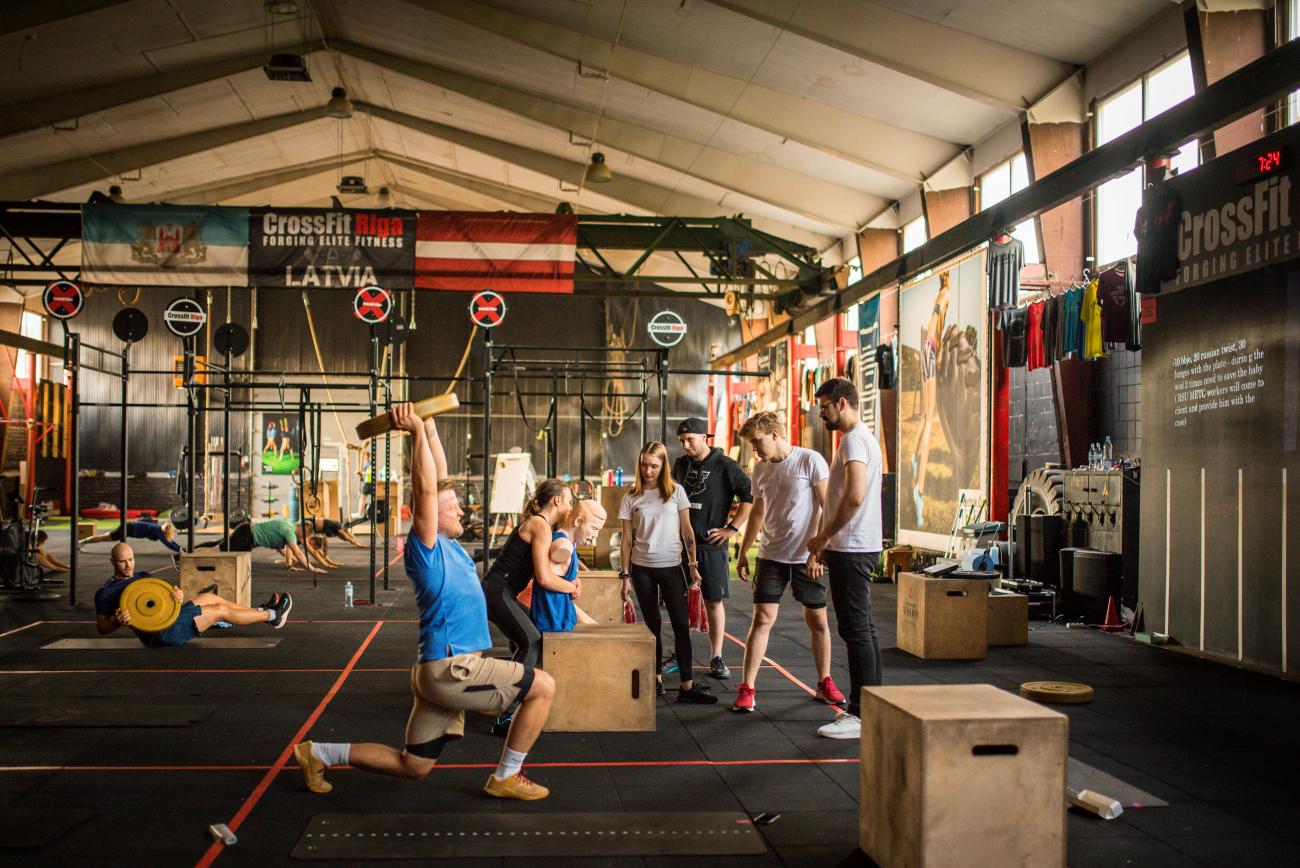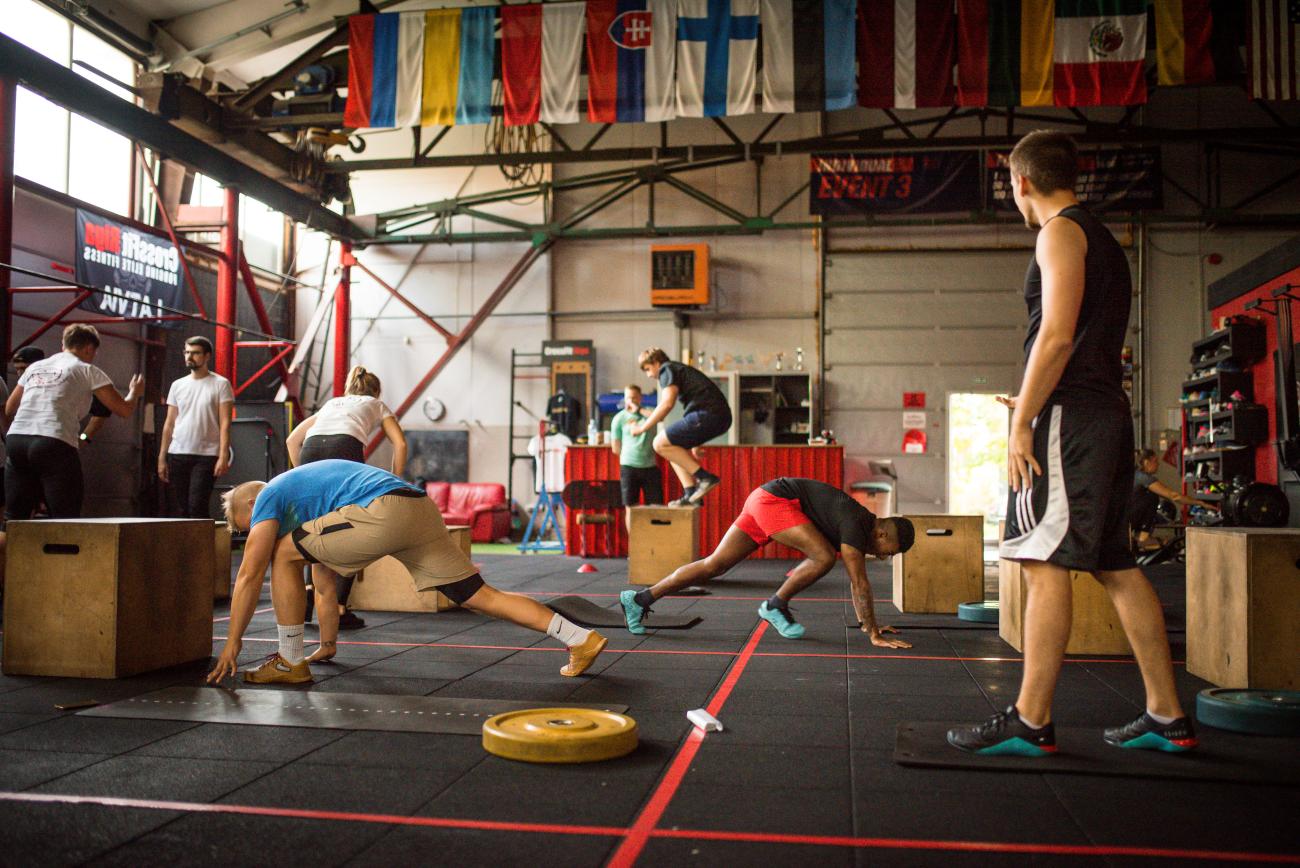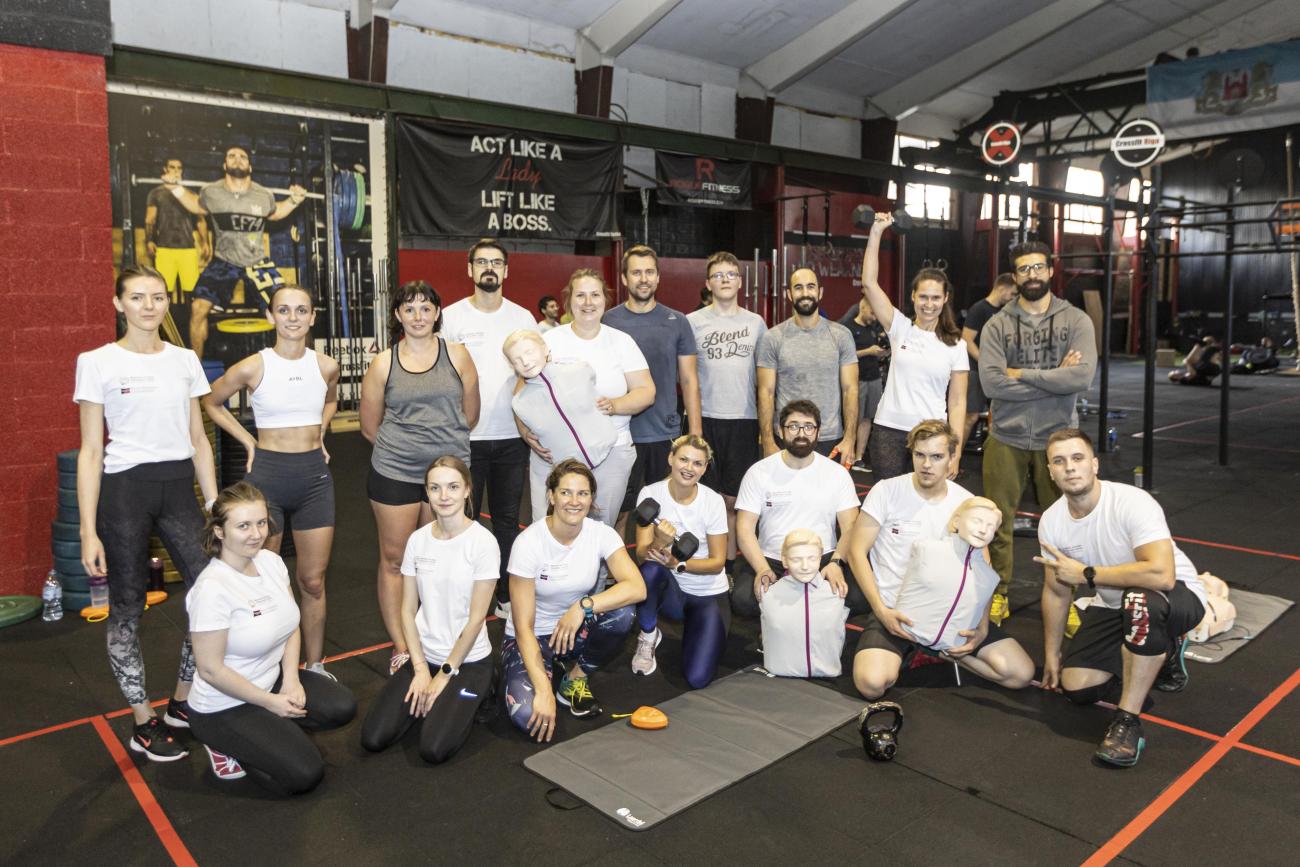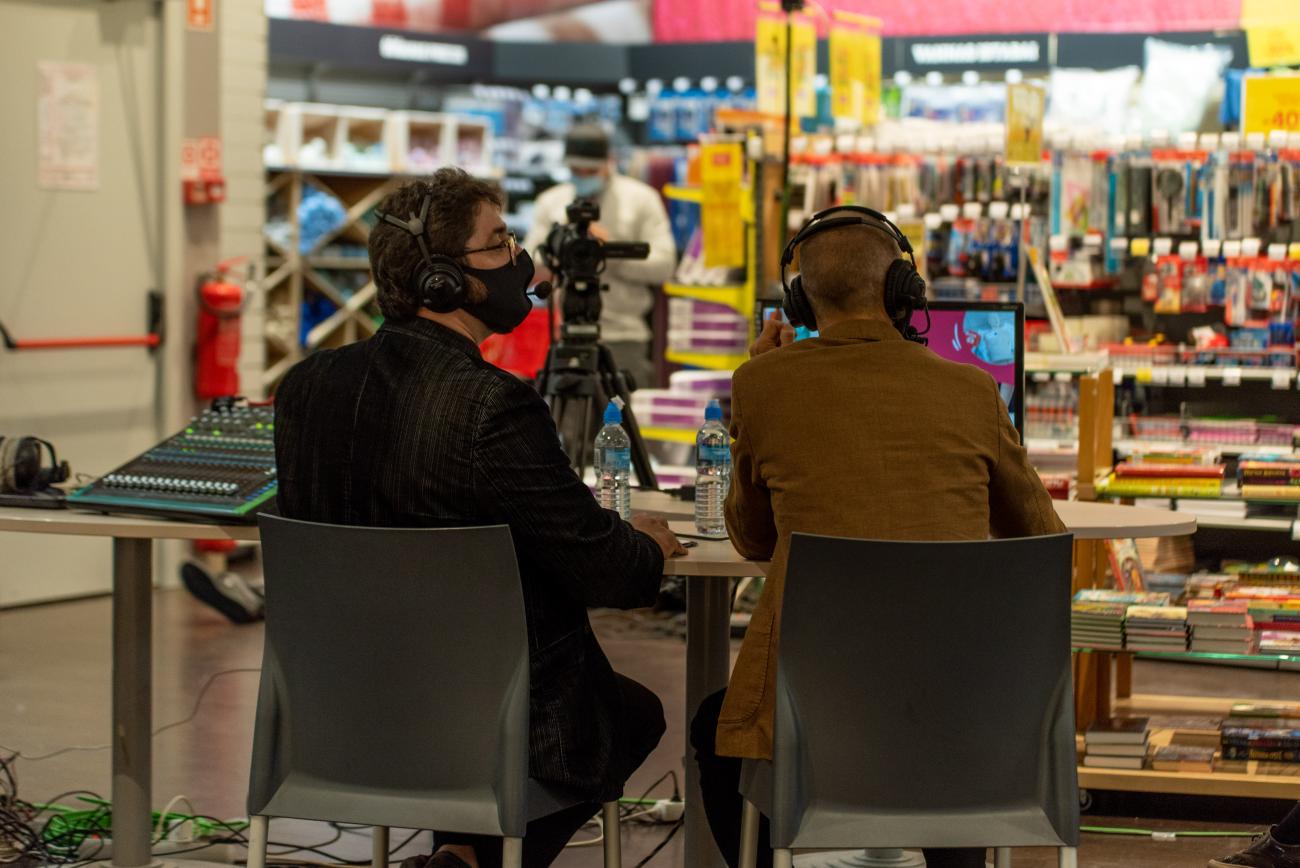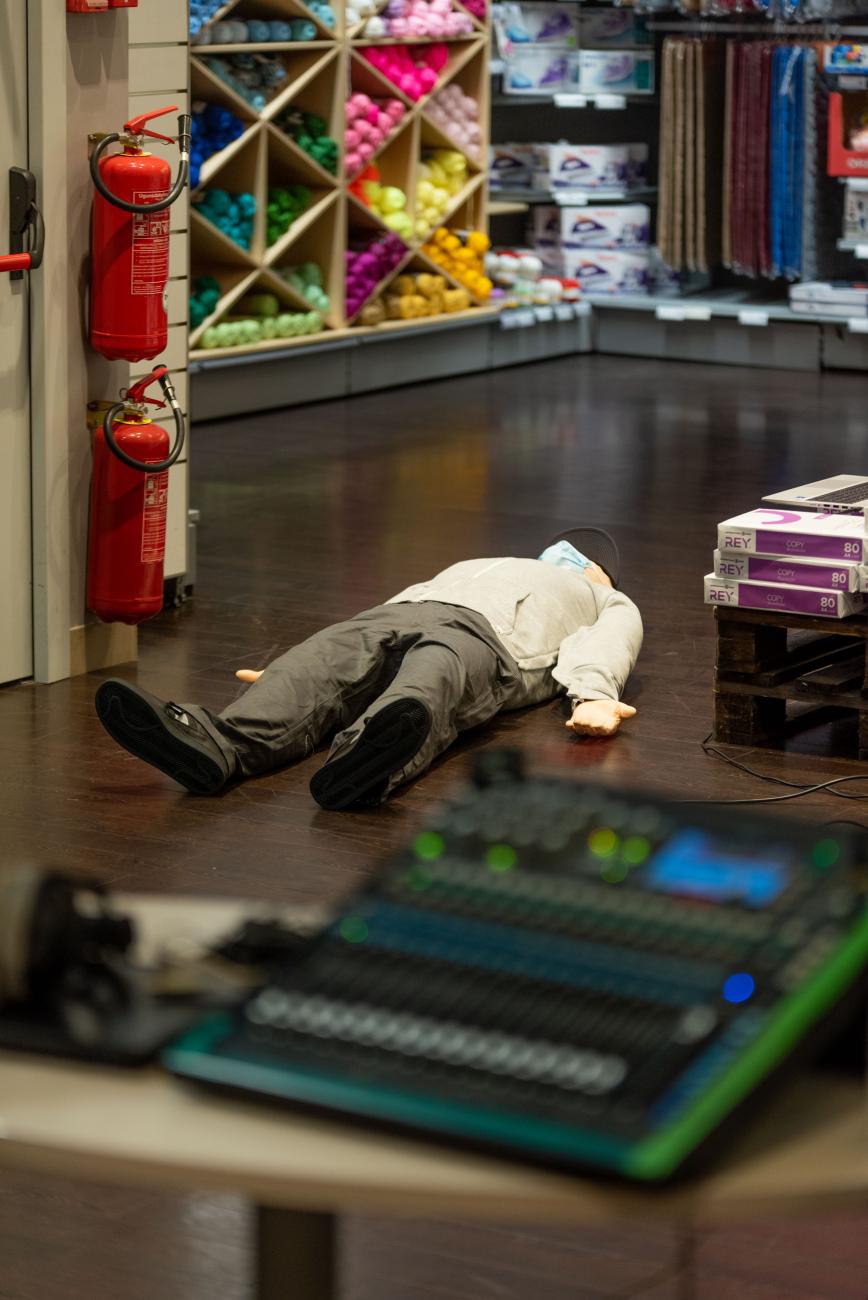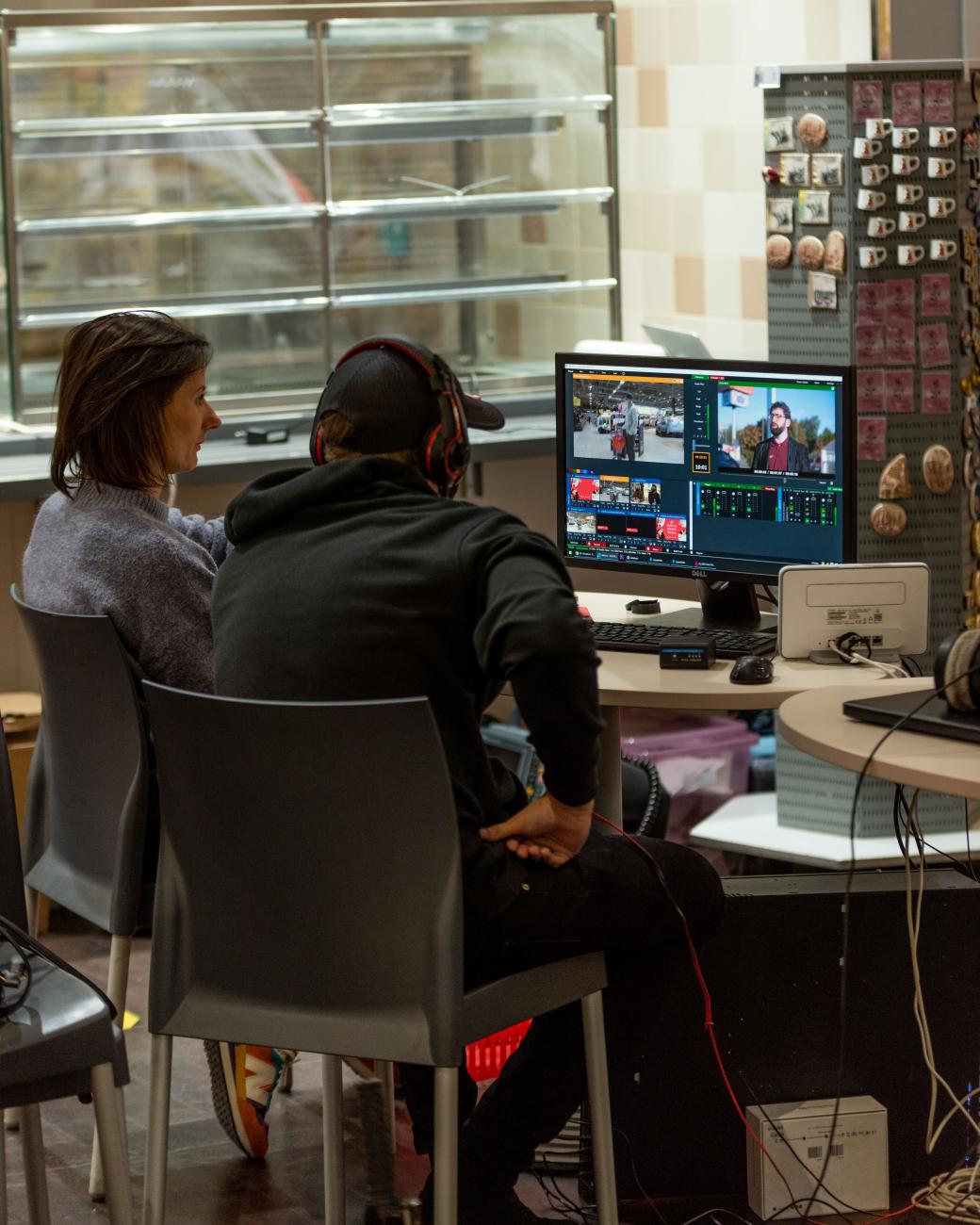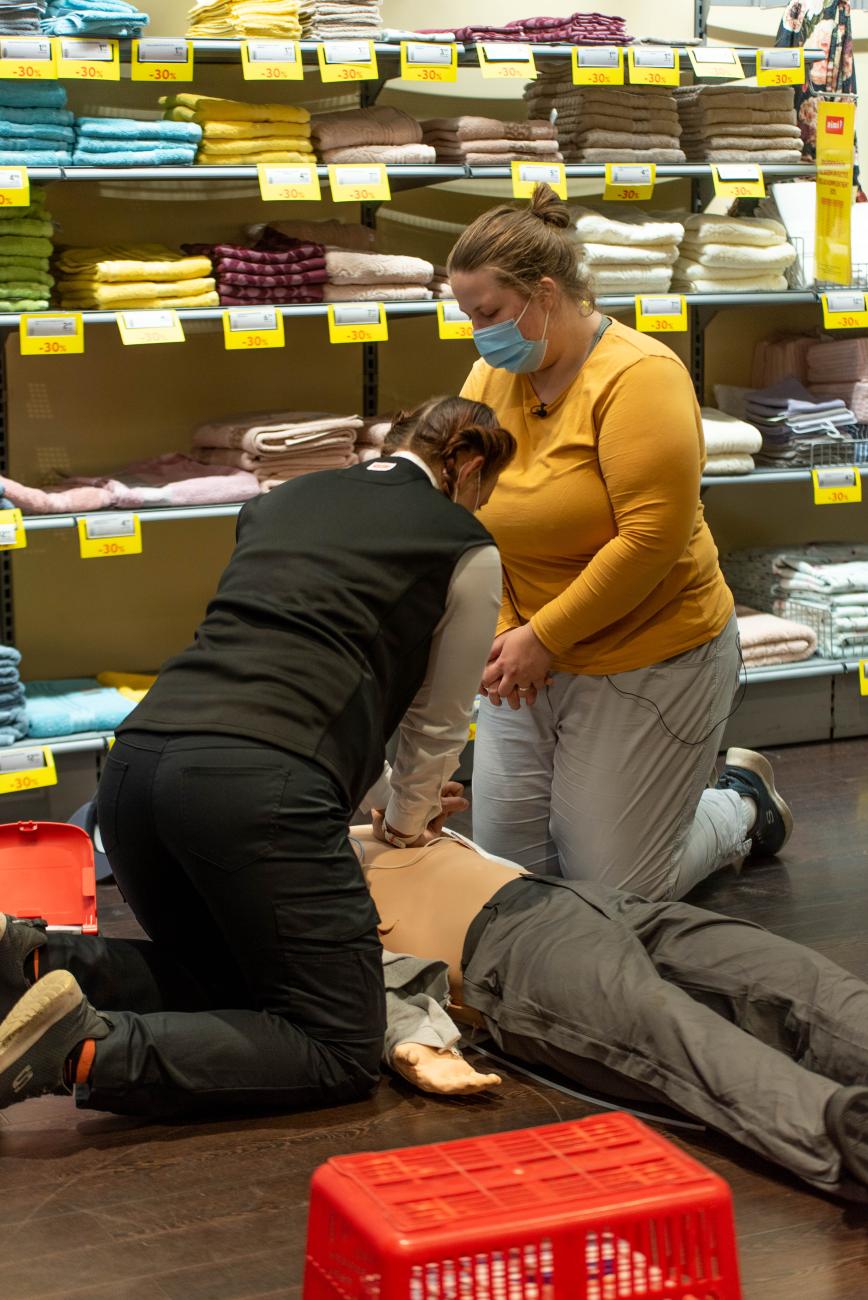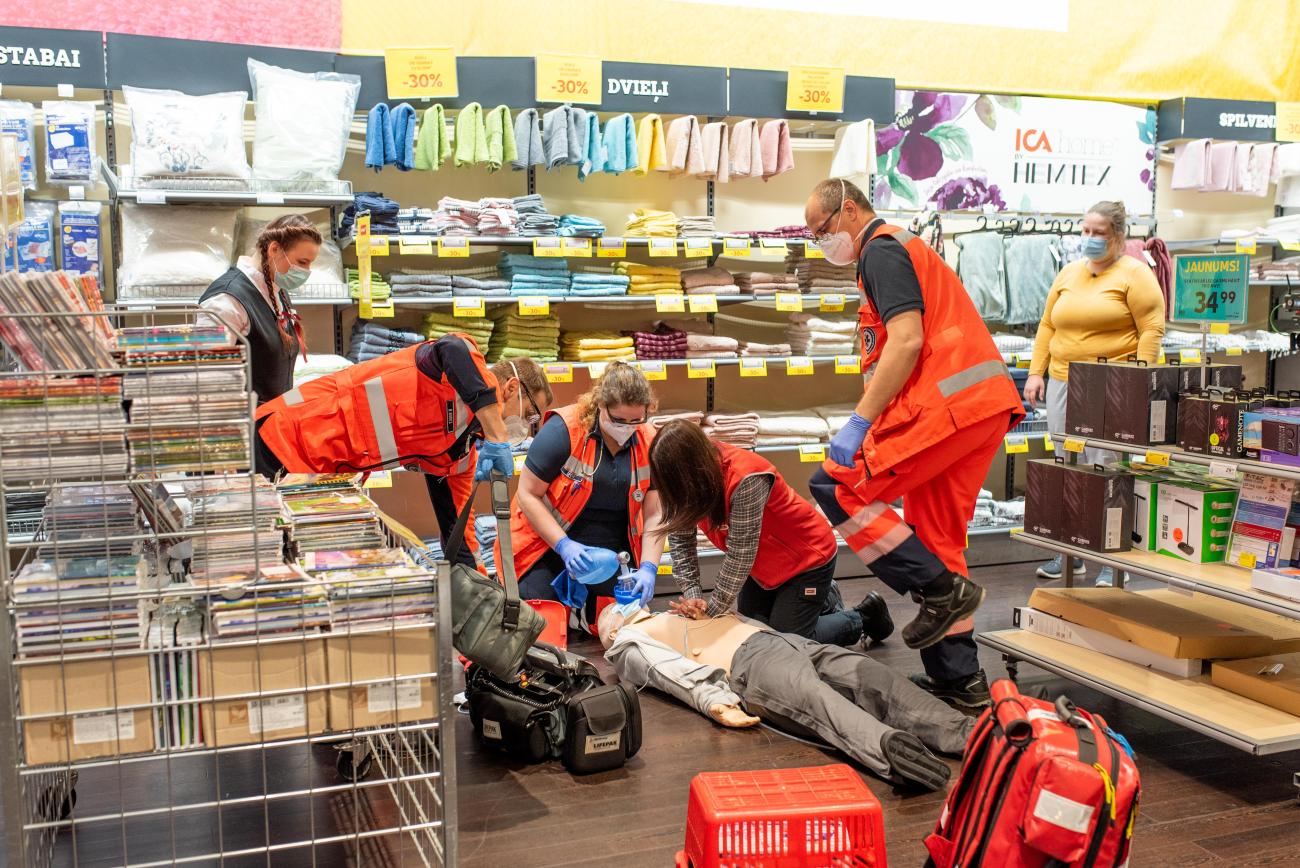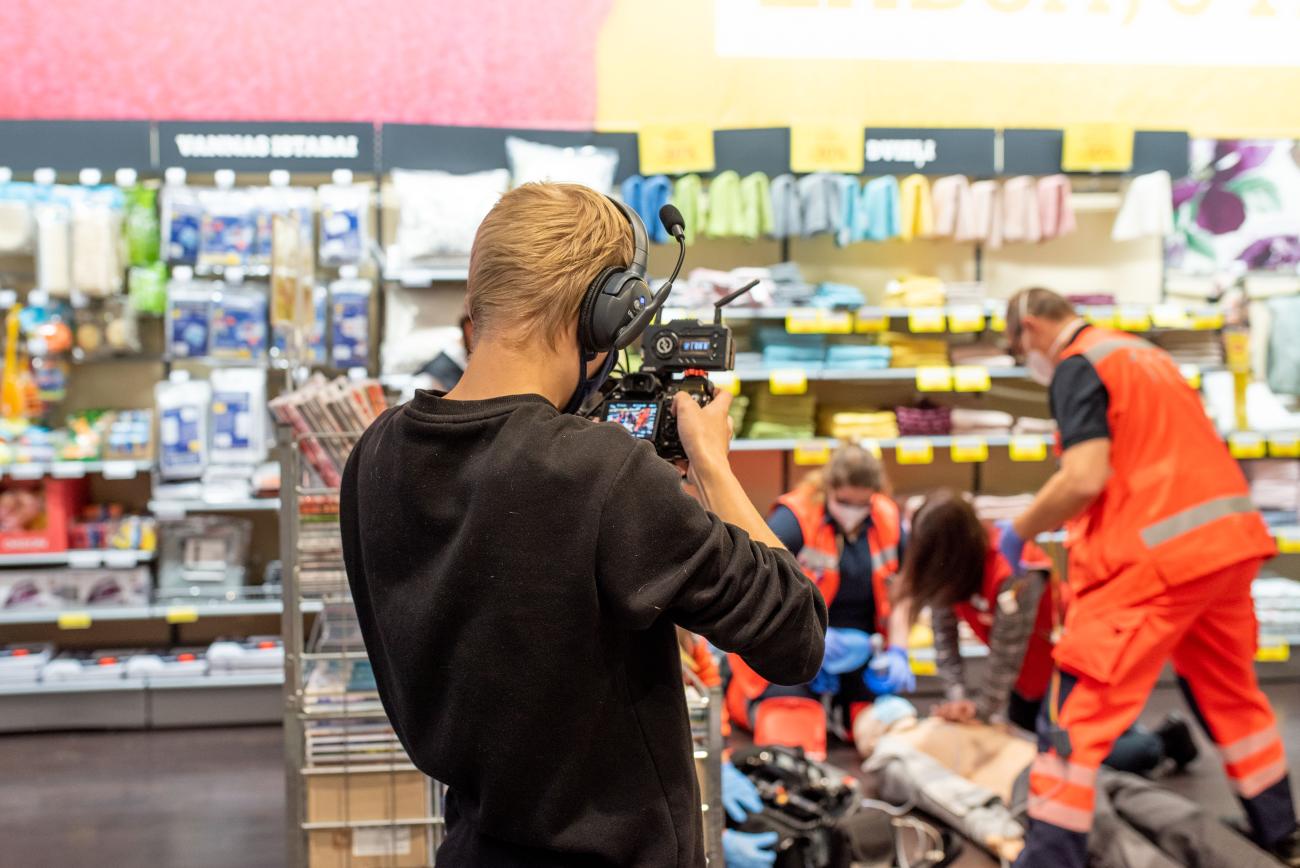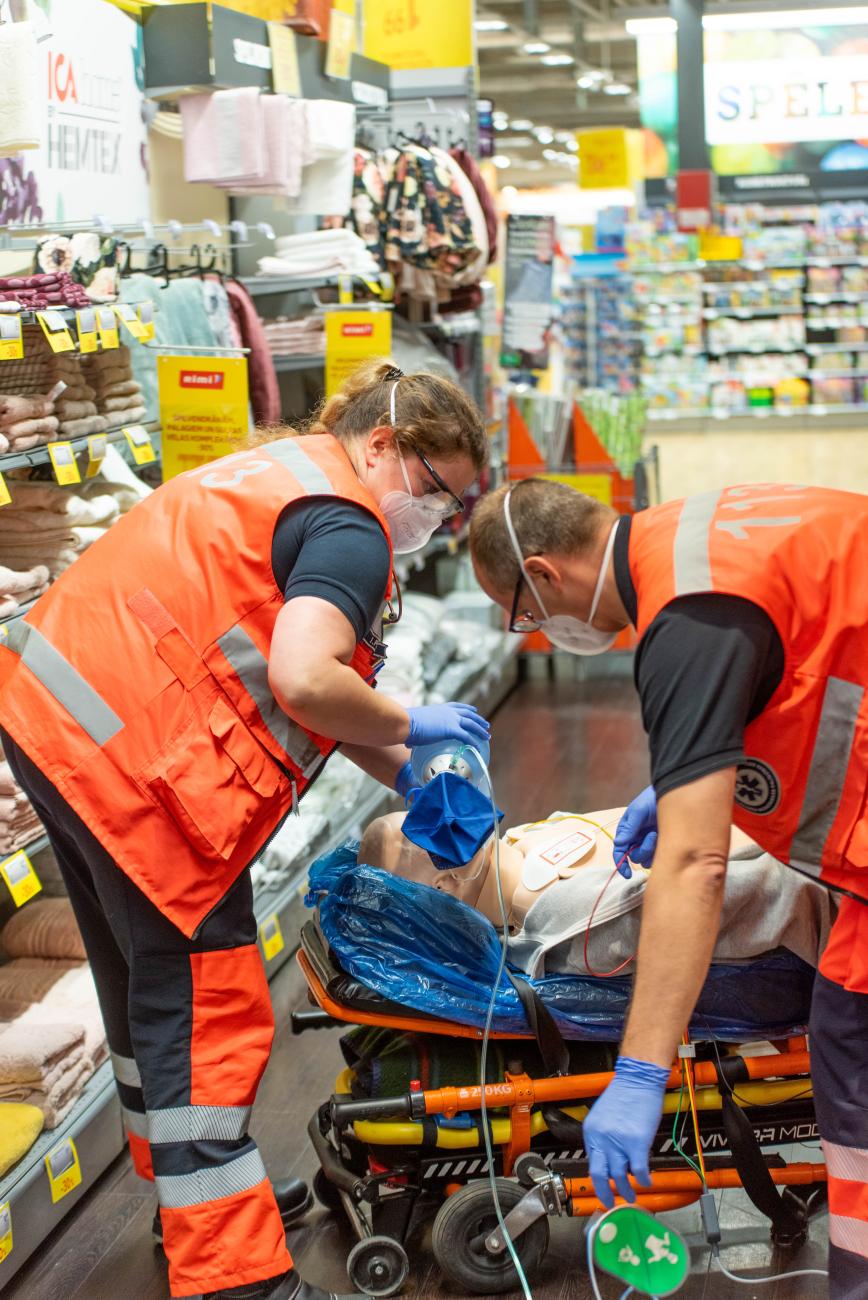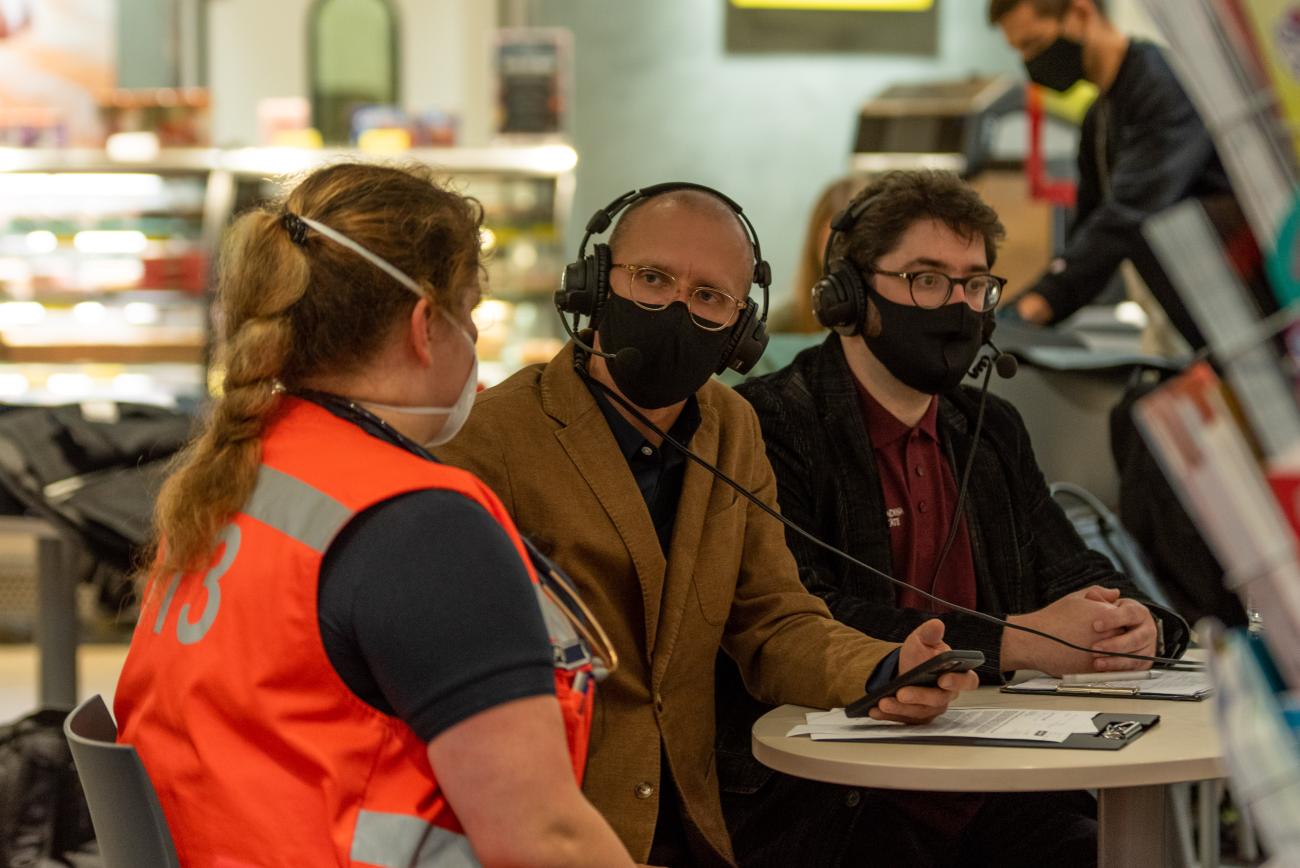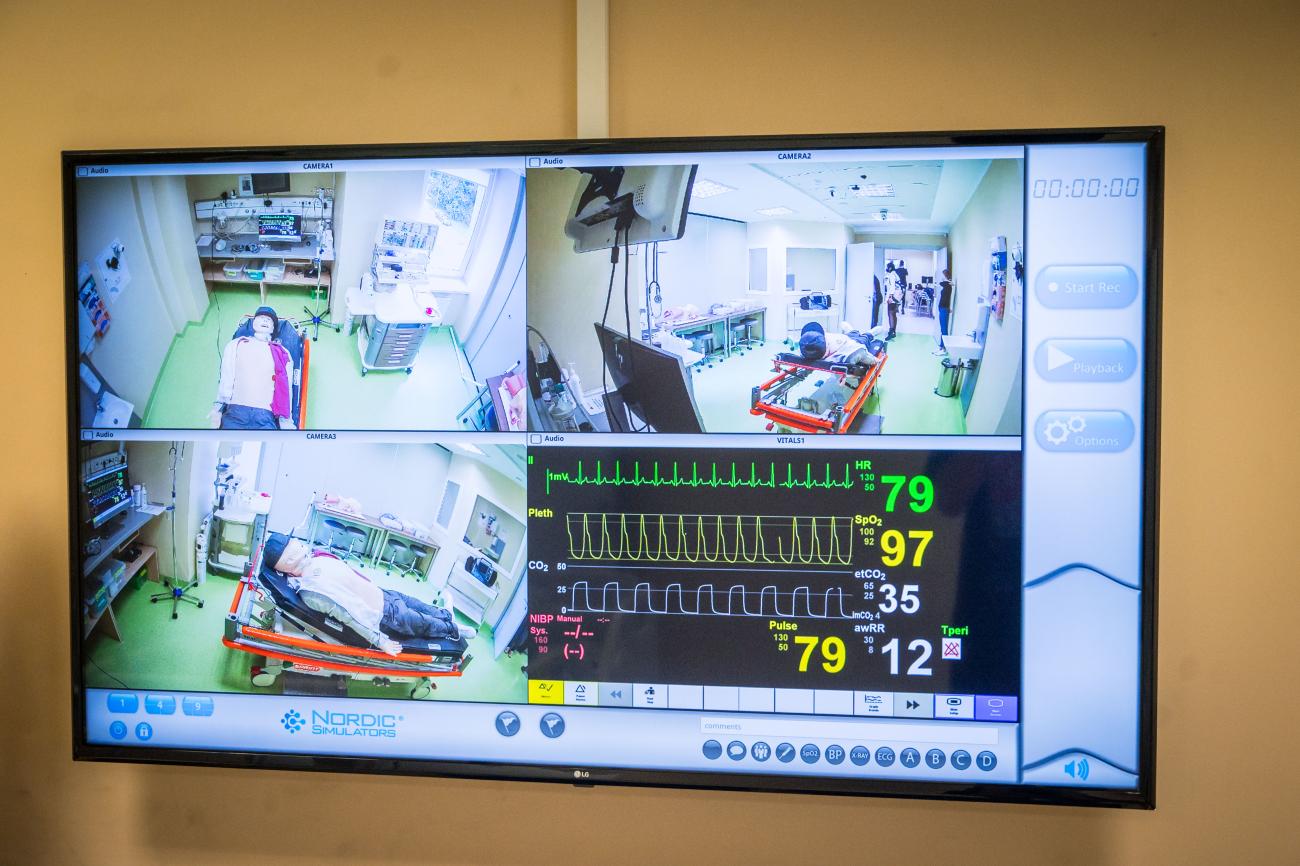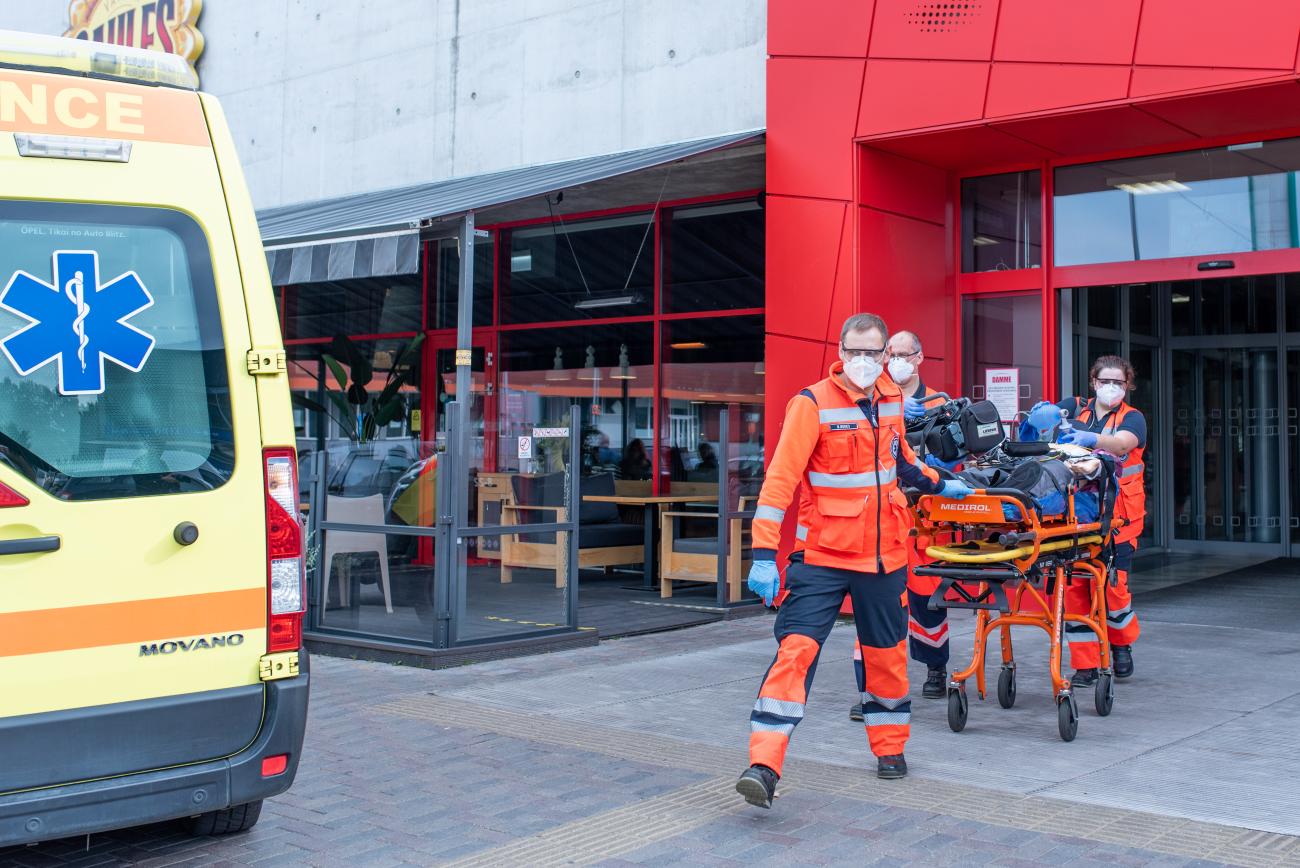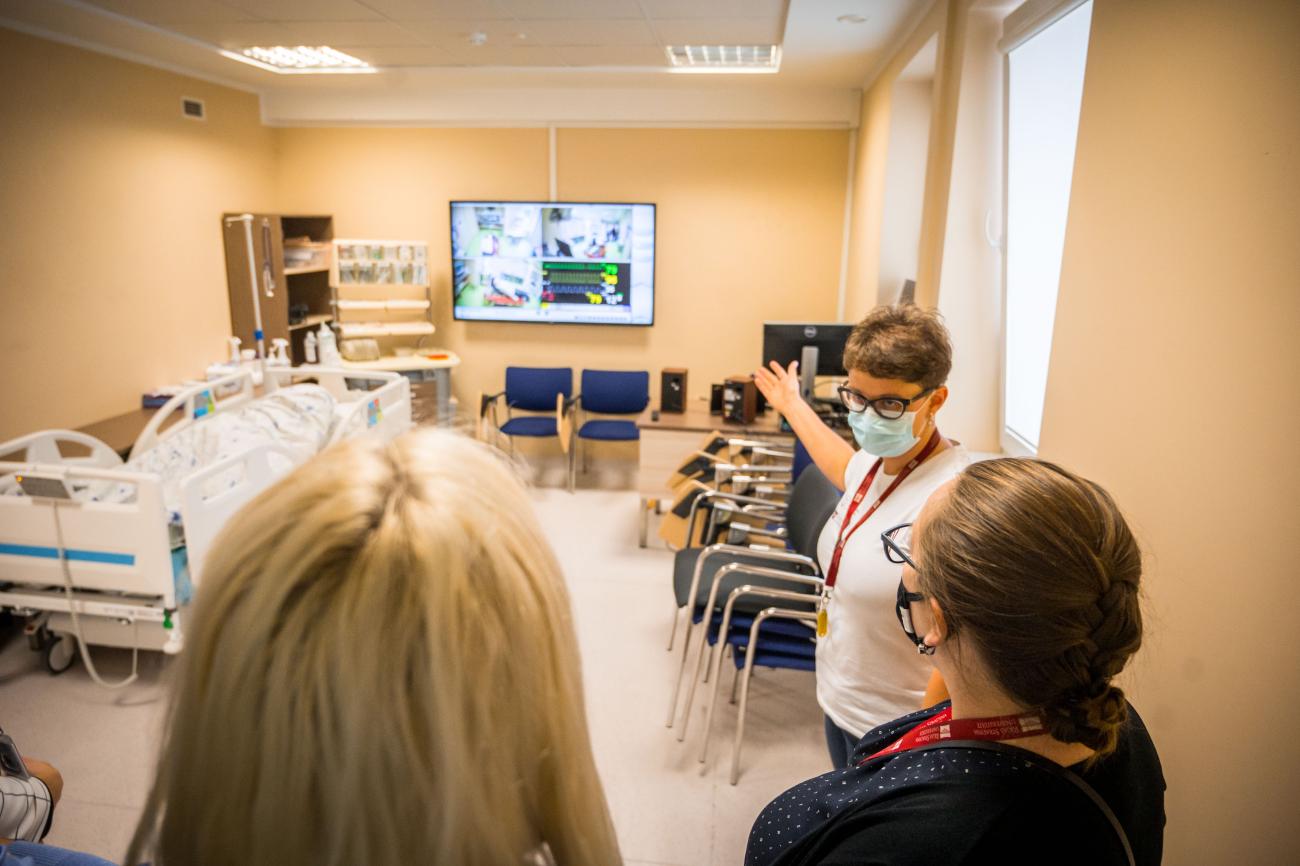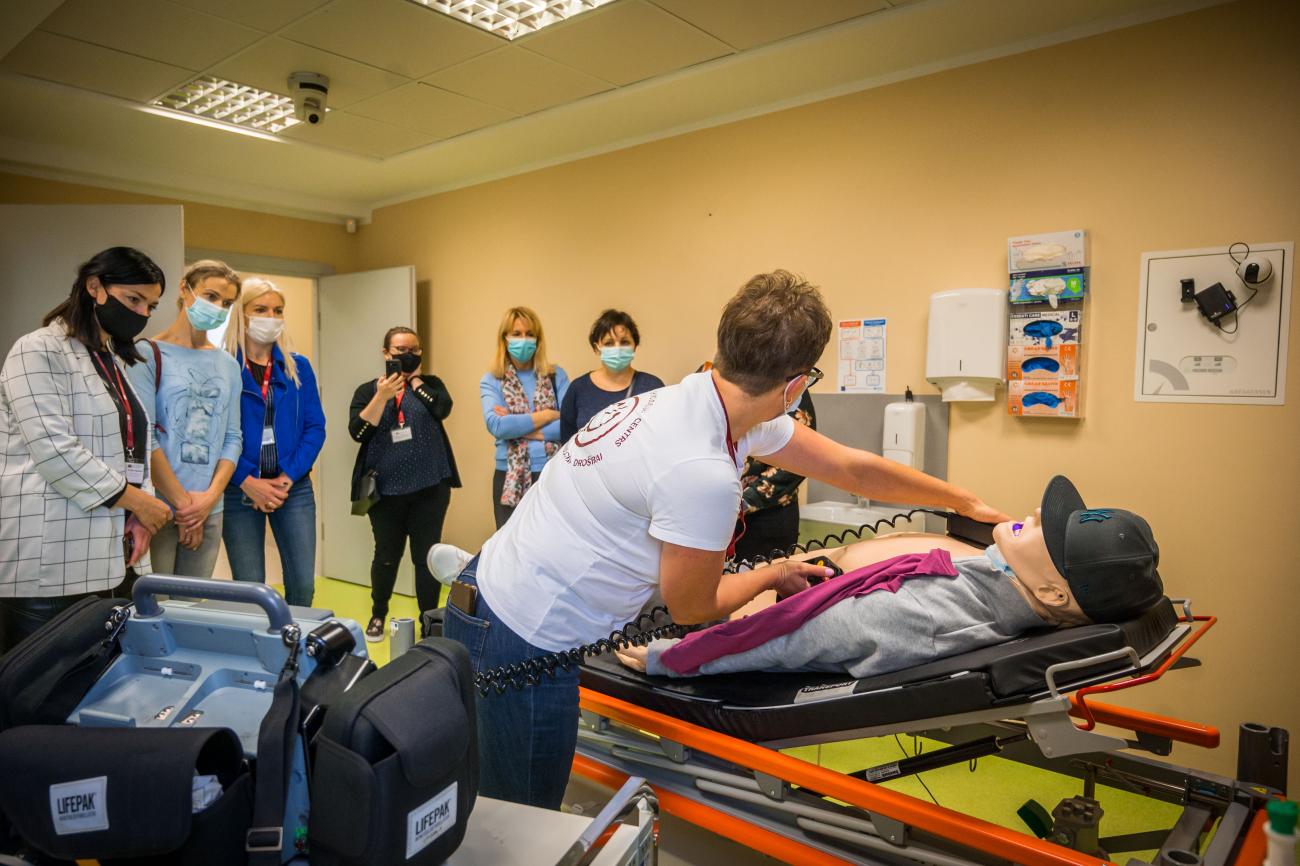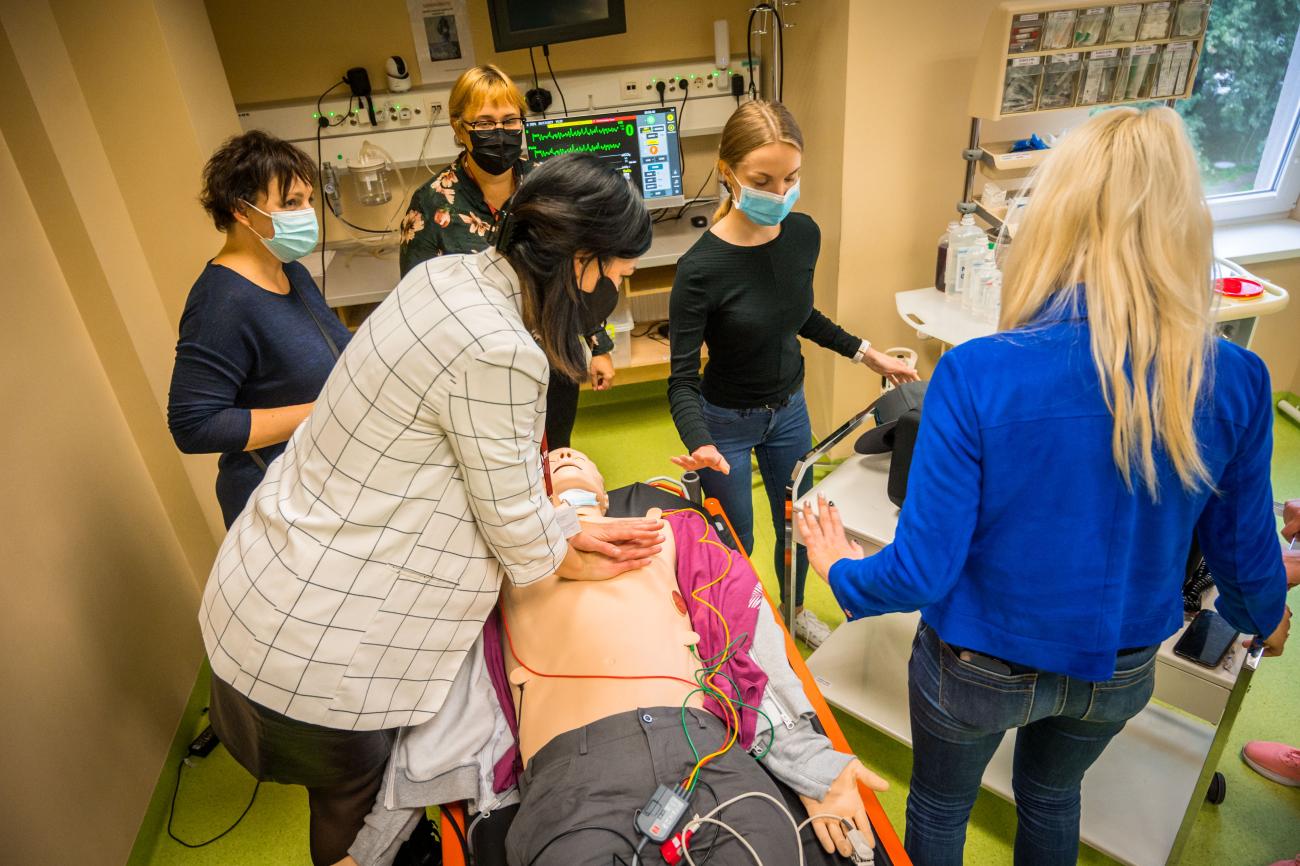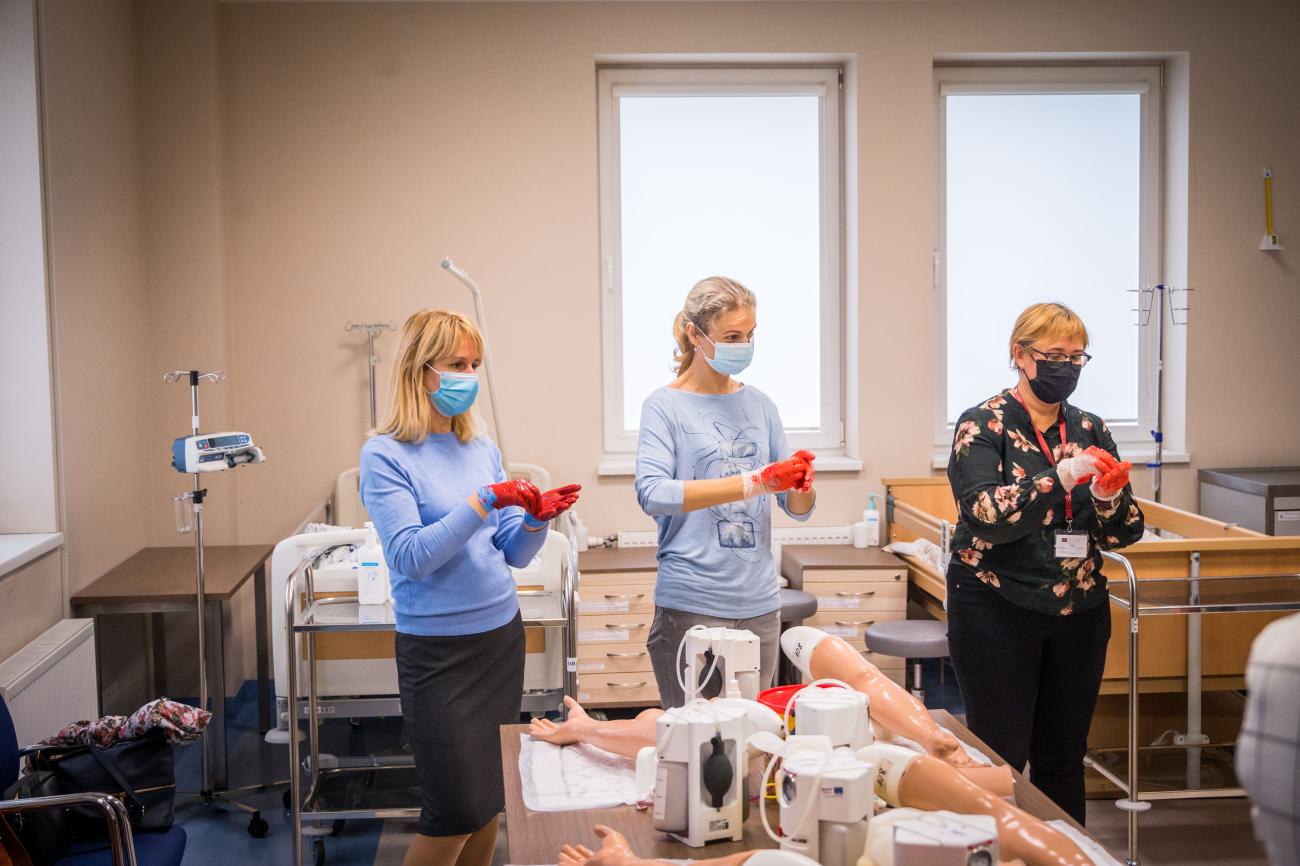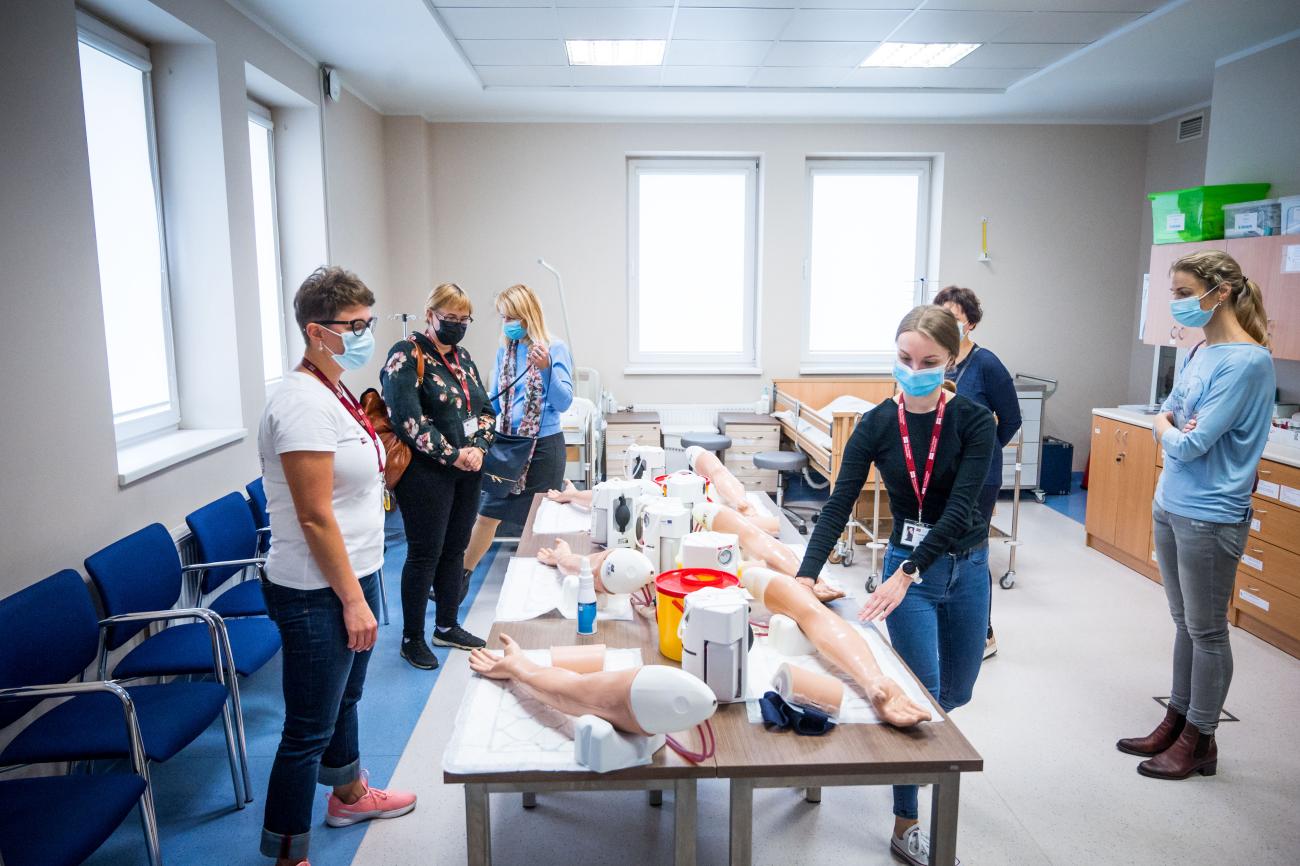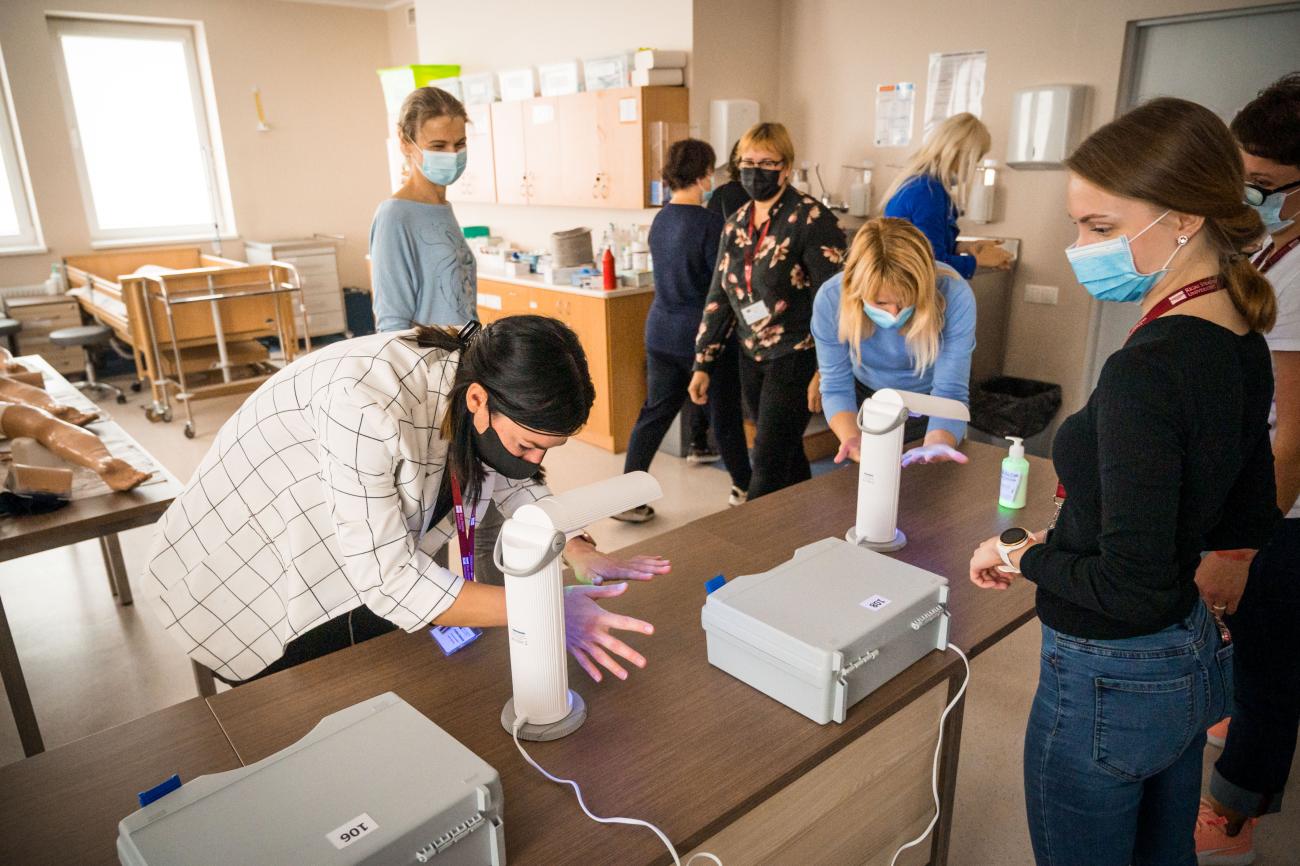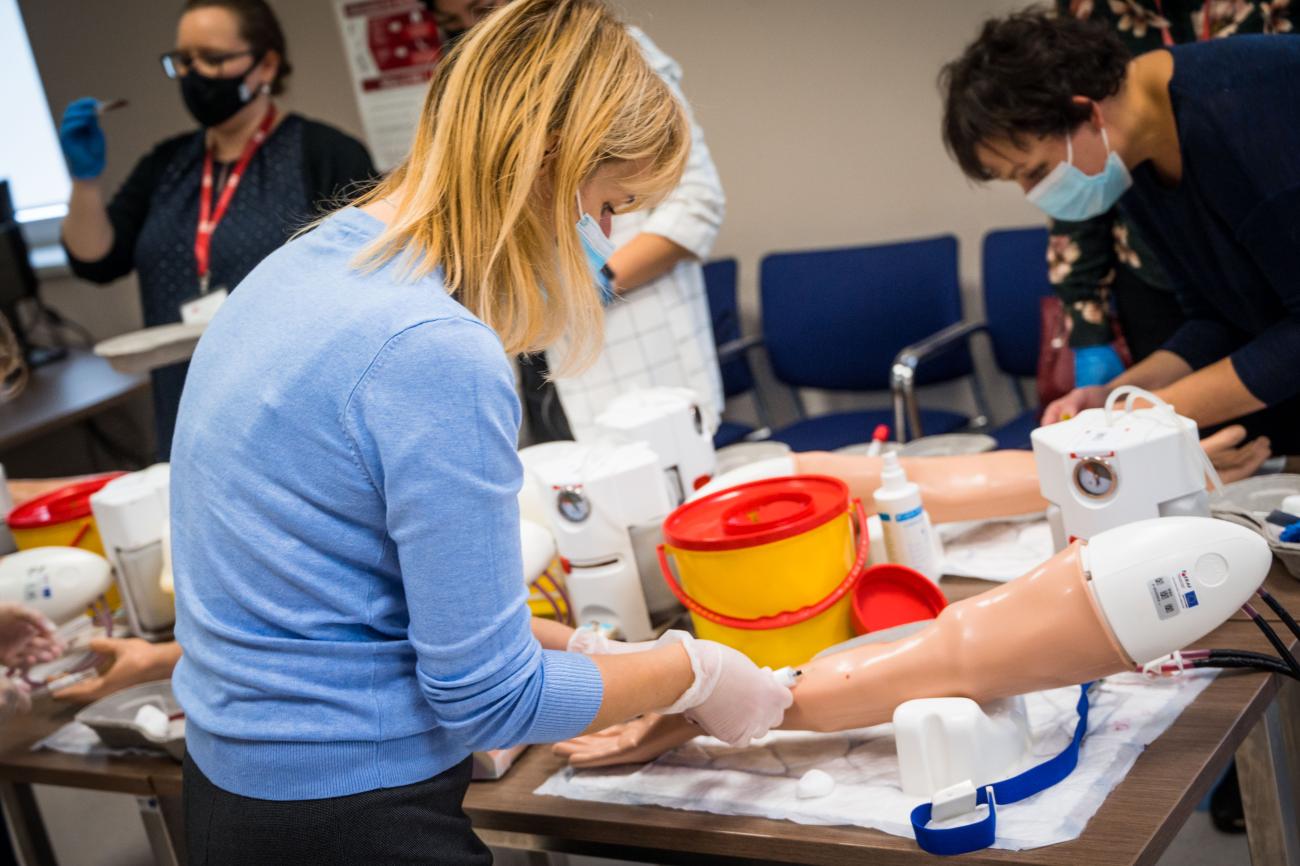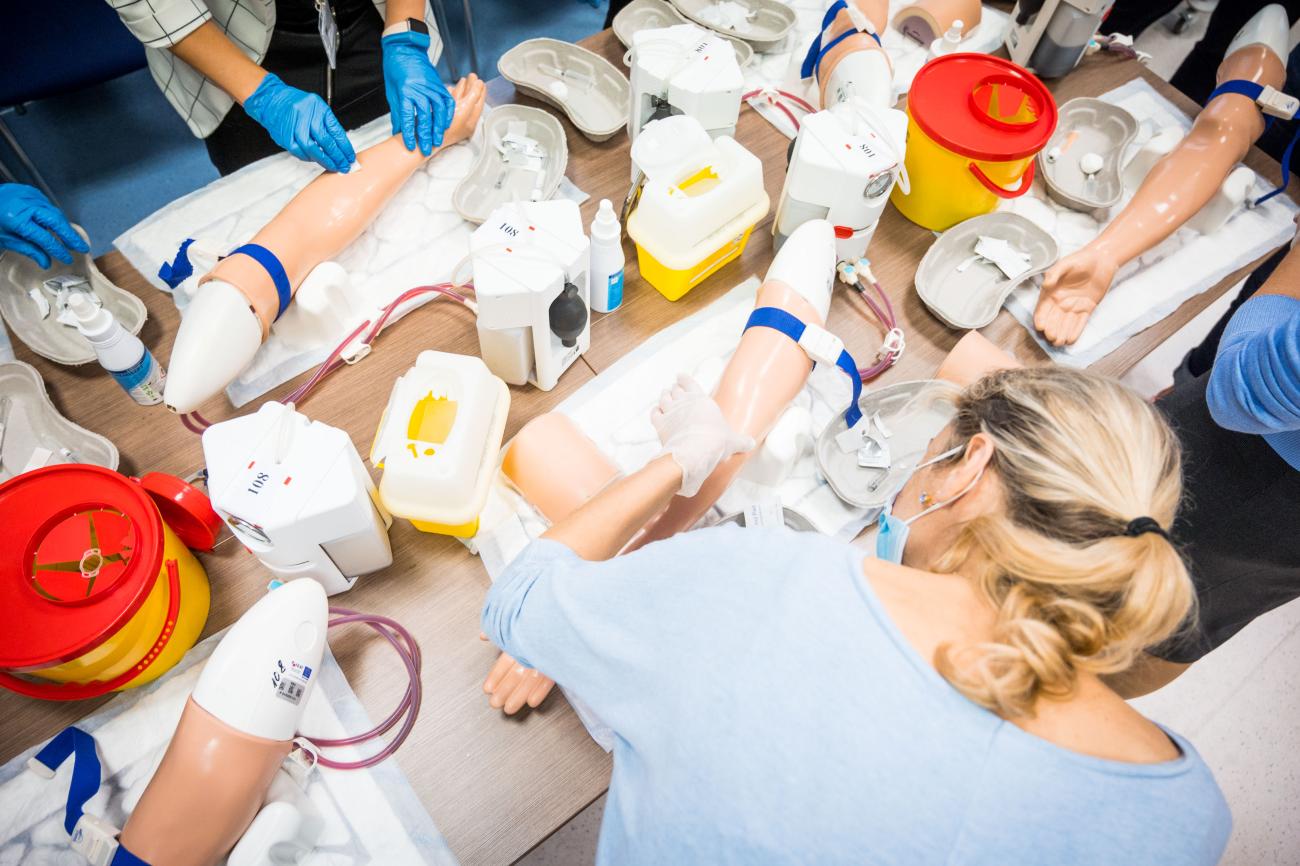Healthcare Simulation Week 2021 for Healthcare Professionals and the General Public
In the middle of September, a team from the Rīga Stradiņš University (RSU) Medical Education Technology Centre (METC) organised Healthcare Simulation Week, which happened as part of the International Healthcare Simulation Week 2021. The aim of the event was to draw attention to the importance of simulation technologies and to improve professionals’ and other visitors’ knowledge and skills in providing medical assistance.
This is the second time that the RSU METC organises Healthcare Simulation Week, this year in cooperation with Rimi Latvia, the State Emergency Medical Service (SEMS) and Crossfit Riga.
‘RSU has been the driving force in simulation-based education for many years. The Medical Education Technology Centre focuses on the skills and abilities of current and future healthcare professionals, but over time, we have realised that it is necessary to share this knowledge with the general public as well, since anyone could come into contact with an emergency situation at any time,’ says Ieva Šlēziņa, the Director of the RSU METC.
Unlike last year, when the event was held in cooperation with the “Sporto Rīga” movement and was mostly aimed at first aid, this year’s Simulation Week was open to local and international students at RSU, doctors and nurses from all over Latvia, as well as university staff and the general public.
Those who were interested had the opportunity to improve their first aid skills with the Stay Alive at Crossfit classes where participants could practice on both adults and infants. The infant first aid classes received the best feedback from members of Crossfit Riga.
During Healthcare Simulation Week, representatives from METC explained to the resources available at METC to local and international RSU student organisations comprehensively, noting that they can be integrated into the students’ practical courses or used to work on their research papers. The technologies can promote a better understanding of issues discussed during classes. METC representatives came to an agreement with students on a model for cooperation and on the informative lecture at an online meeting.
Meanwhile, METC attracted more than 100 doctors and nurses from all over Latvia to the webinar “Simulation-based medical education: from theory to practice”. This webinar provided insight into different types of simulations and the possibilities that simulated environments can offer to promote the safety of patients and medical staff.
A rescue simulation that was acted out by RSU METC in cooperation with Rimi Latvia and colleagues from SEMS in the supermarket Damme attracted the most public attention. As part of the simulation a shopper acted out losing consciousness. The participants gave first aid by performing indirect cardiac massage and used an automatic external defibrillator to restore the victim's heartbeat.
Healthcare Simulation Week was concluded with an open-door event at METC, which is one of the largest such centres in the Baltic States. RSU employees could see the simulation technology resources that the centre has. Visitors were also able to practice patient care and first aid, and recognised this as a very good team building event.
Related news
 Time capsule laid at ceremony for construction of new RSU sports complexFor Students, Consolidation, For RSU Employees, Internal consolidation, Development
Time capsule laid at ceremony for construction of new RSU sports complexFor Students, Consolidation, For RSU Employees, Internal consolidation, Development
